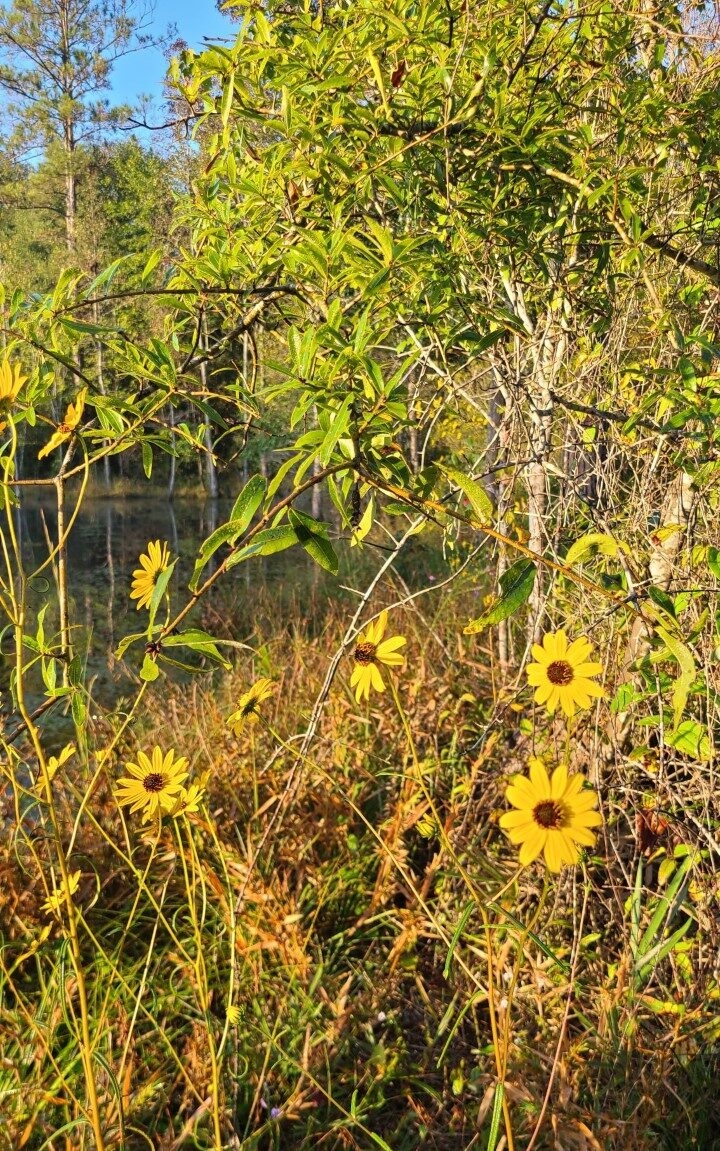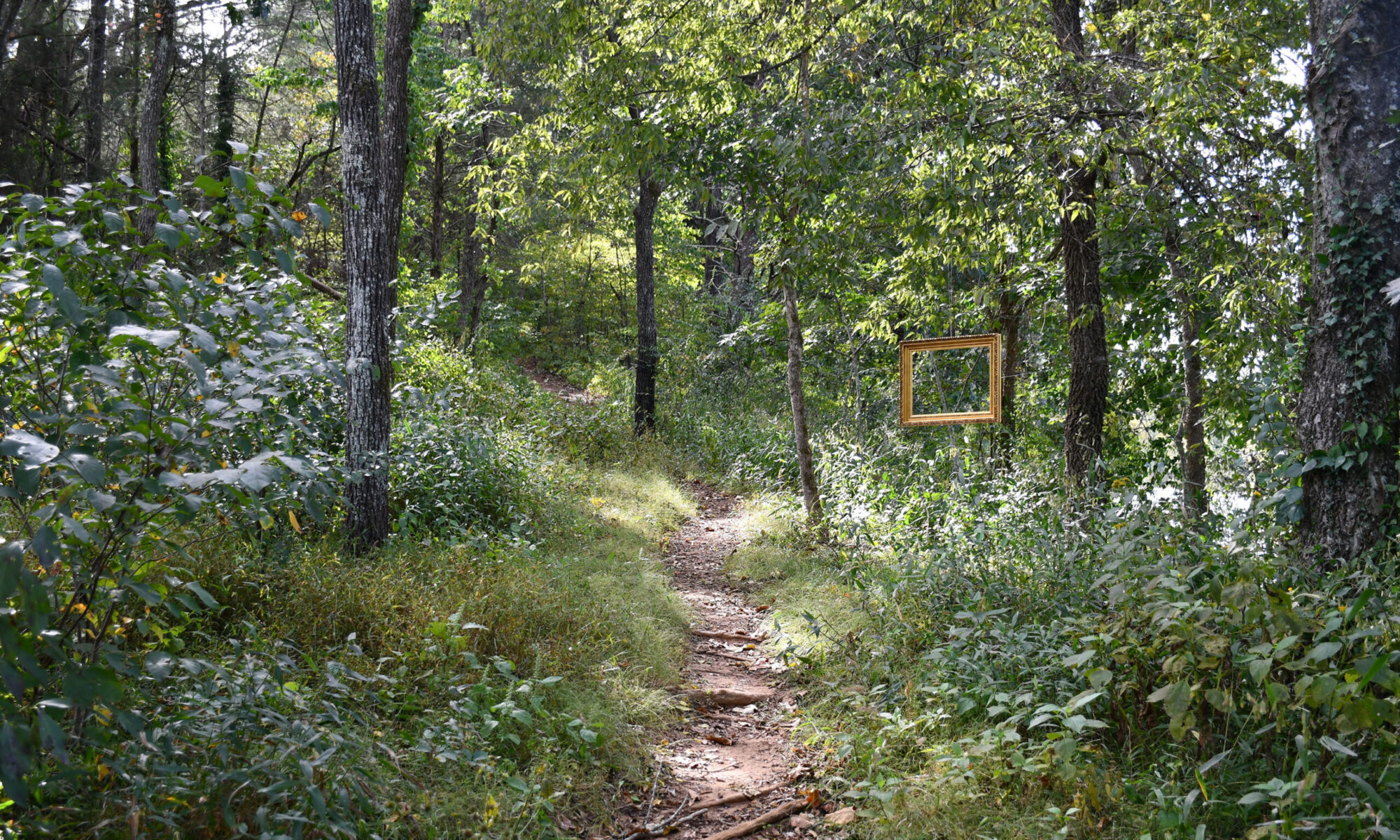Conversations about wealth in America center around land, labor and accessibility to these resources. Land is the foundation of health, wealth and democracy. The rejuvenation of social order will largely rest on clean air and water, land access for food and housing … in that order. Commonplace however, are statistics about farmers (particularly African Americans) and other landowners cheated out of their livelihood by zoning and land use ordinances. Real estate and industrial conglomerates devour land parcels in unprecedented ways, using outright theft at times. In many instances heirs compromise homestead stability because money is valued over legacy. Reports highlight a nearly 98% decline in property ownership of African Americans into the 21st century. Ownership decline and other real challenges to wealth accumulation underpin poor health, poverty and racism.
Global summits and local meetings too often demonstrate the minimization of humanitarian interests when it comes to corporate affairs. After much talk and seeing little action, change makers are forced to strategies countering menacing maneuvers for land. Into the 21st century, African American and First Nation communities in America organized independent communities to prioritize land access interests. Presently, there is significant interest to enhance the ledger of land possession and generational retention. Here are three important focus areas to protect the abundance offerings of land:
- Plan Ahead
Climate change and the threat of displacement requires urgent action. Climate change is not a new phenomenon; marked in stretches of the earth that were once lush but now desert such as Africa’s Sahara region. However, as climate experts predict, flooding, tornadoes, sea level rise and other historic disasters show the wrath of nature. Economic and health challenges ensue from these, including the scourges of disaster capitalism contributing to land loss when families are ultimately unable to protect property interests. A divided family with real estate holdings can create challenges to the protection of property and legacy, especially when disasters hit. Heirs’ property is particularly noted as problematic when disasters hit because of divided holdings in real estate. Mediation services may help families come to amicable terms, and insurance helps, but more essential are harmonious family relations where property priorities are understood; and estate documents are in order and secure. If family land is used for agricultural purpose, the U.S. Department of Agriculture’s Heirs’ Property Relending Program helps with capital to resolve land ownership and succession issues. Family unity and emergency preparation are the best ways to weather any storm.
2. Monitor Local Development Plans
Overzealous development and the extraction of natural resources, industrial contamination or ecology destruction by mining, power plants, pipelines, petro/chemical production and land-fills cause soil degradation and threaten waterways. Sacrifice Zones was a term used during the Cold War to describe highly contaminated uranium mining sites assigned to nuclear purposes. Today, the term denotes industrial sprawl that contaminates neighborhoods and communities, significantly impacting land value and health. More industry means less agriculture and opportunities for community and/or family land possession. Property values may even rise as result of gentrification projects, some purported to enhance greenhouse gas efficiency and reduce emissions, though cancer, asthma, coronavirus, kidney disease, and other ailments are increasingly attributed to pollution. Land deals often occur in municipal settings with lighting speed; often before communities are able to fully come to terms with or do in-depth research and discovery. Land protection strategies must include timely civic engagement; and strengthening networks with like-minded people.
3. Grow Family Wealth
The coronavirus has proven to be more than just a health challenge with its massive dent to the economy and family livelihoods. Clean air, clean water and the ability to care for land are traditionally the parent of hope. Health is after all the truest wealth. Community resiliency is tied to our physical state, and the physical world / land is a key driver of economics. Beyond helping us feel better, there are plentiful opportunities to generate financial wealth with access to land and managing resources, including farming, forestry, managing rental properties, solar farms, commercial leasing, agritourism or managing a recreational site for example. Sustainability is the consideration and practice of balance between the generational extraction of resources and retaining a healthy bio-sphere; which is a lifestyle that we should all consider.
∞
Climate change, industrial infringement and self-preservation requires our immediate and conscious attention. Perhaps the greatest challenge to national and community health and wealth is the lens of scarcity that are standardized in theories of economy. Scarcity drives the hoarding of natural resources, monetary and material possessions, and widens gaps between” disenfranchised” communities and the “domineering” players of capitalism. Society has moved from an agrarian or land focused society to a consumer society; significantly bearing on overall social wellness. An abundance framework brings the realization that land is the highest call for justice and a sacred responsibility. Therefore, we should acknowledge, make space for and protect nature’s rights and abundance.

Thank you for continued support of the Renewal of Life Land Trust. We are appreciative of the positive energy and support of friends and members in land stewardship, and look forward to expanding education, mediation and land retention in the new year. Please consider a contribution or investment to our mission.
